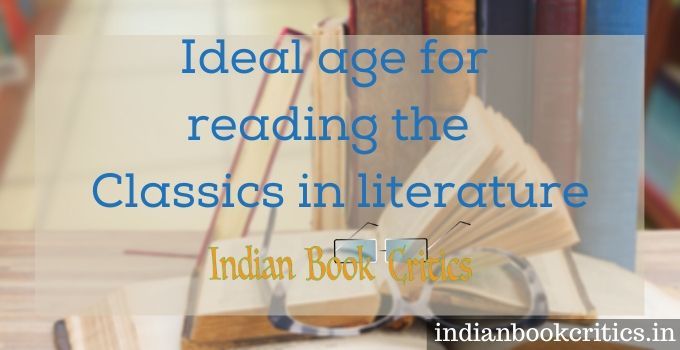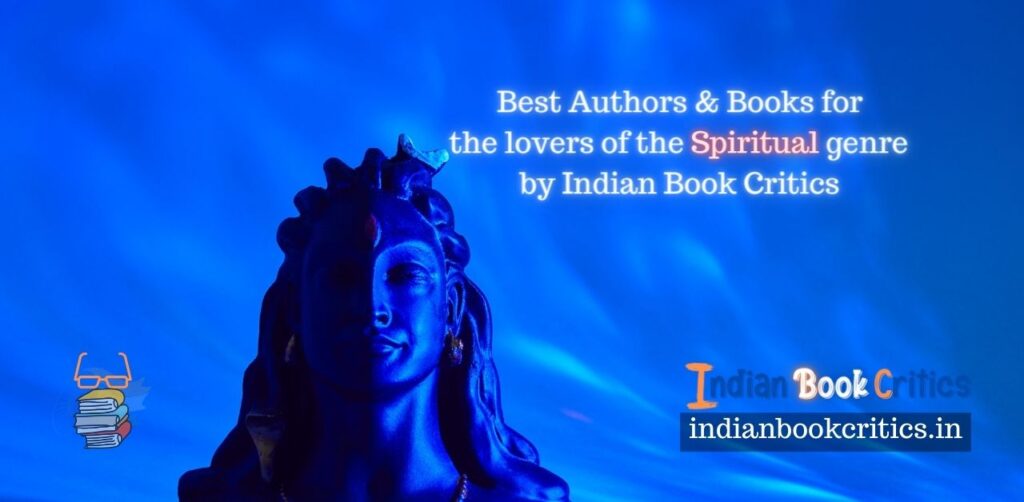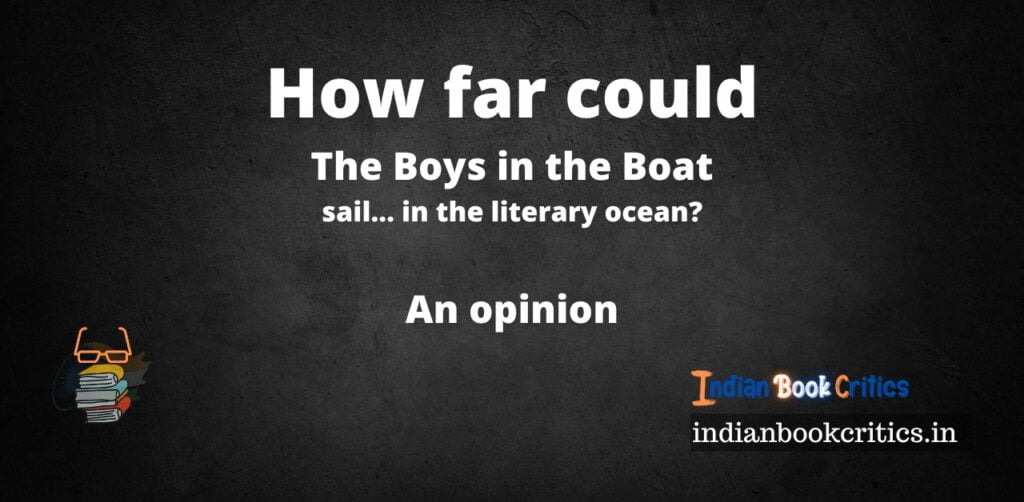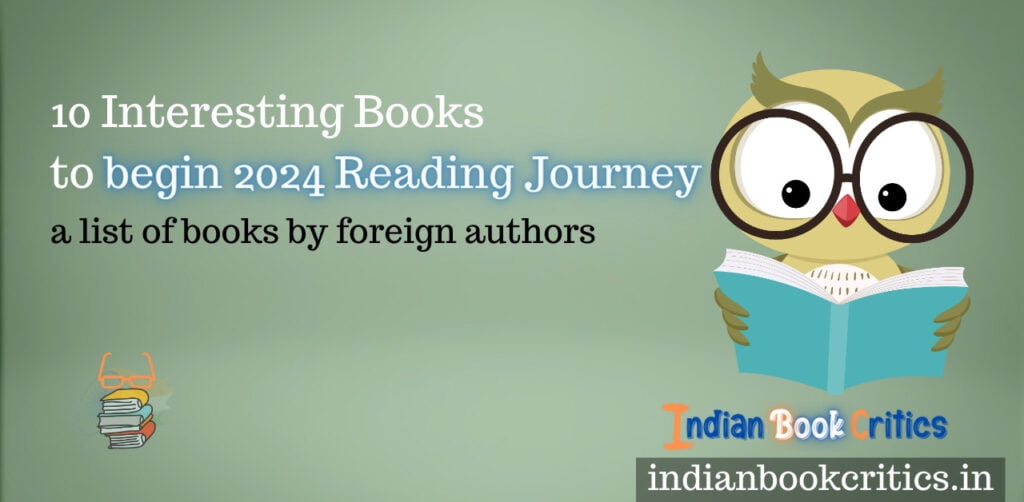If you are looking for a quick answer to this question – what should be an ideal age to begin reading literary classics – then you should take it. Ideally, anyone above 13 should read the so-called classics. The reason is that someone below 13 should generally have no expertise or even a primary understanding of how things work in life. And classics, let me tell you, are more about life than anything else. So, yes, if you are 13 or above, you should begin reading classic novels. If you are below 13, you can read classics which are ideally children’s literature classics. Now we will get into the details of this article.
Classics – as soon as you hear this term, the mind moves in only one certain direction. It is accepted that classic indicates quality, depth, seriousness and perfection. Well, this perfection may be debated but classics do mean to qualify something that is nearly perfect. In terms of literature and literary works, ‘classics’ generally denotes a category of works written by authors who are supposed to be serious about their writings and who try to give something more than mere entertainment to their readers. So, is there a certain age after which one becomes entitled to enjoy this depth and the seriousness that classics offer? Should a person be over a certain age, as we have to be while voting or consuming alcohol, to read the works by Austen or Hardy or R. K. Narayan? What do you think?
The answer to this question is quite contradictory. Why? Well, the understanding comes from good books (partially) and if one does not read good books earlier, how can that part of understanding improve? However, the readers should attain a minimum of 13 years of age to understand the text and infer the meanings of it. Because classics deal with varied aspects of life and modern reality, with which we may or may not directly relate, which have important lessons, hidden in the text, to teach to the readers. Unlike the usual contemporary literature, classics don’t offer entertainment. They don’t excite the readers as such. They don’t take you on a roller coaster ride. But, they stay with you throughout your life as they have learnings or teachings which probably are more important than so-called short-term excitements and thrills and chills. But, it again depends on the preferences of the readers. For instance, modern youths only prefer to read romantic fiction. They have restricted their choices with respect to books for leisure, unknowingly though. They don’t feel the need to explore other sides of literature which are more interesting, more valuable, and more consistent. If a swimmer confines himself to the pool, then he can never dream of crossing the English Channel. Likewise, the readers should not limit themselves and be ready to explore the length and breadth of the literature and in this context classics. Now we will discuss why one should at least be 13 before deciding to read classics such as Pride and Prejudice, Vanity Fair, The Guide, The Serpent and the Rope and so on…
Let’s begin with the basics. Understanding the language is the only criterion which needs to be sufficient to enjoy contemporary fiction novels like Harry Potter and the romantic sensations by many Indian authors. As there is no requirement for the application of the mind to an elated intellectual level while reading such novels, a decent understanding of language can do the job for readers. Modern fiction novels of any genre are more or less related in terms of their storyline. However, to grasp a classic thoroughly, other than language, readers should have a sense of seriousness. They should understand the basic principles of vices and virtue, the good and the bad and the ideal choice and the mistake. However, there is nothing to worry about. This sense of seriousness will gradually develop amongst readers with regular practice of reading classics.
And, if I say that reading classics will improve the sense of seriousness in readers, anyone with common sense can ask me – then why fix the age at 13? Well, before 13, let the kids learn basic lessons of life from their sports and their teachers. They also learn a lot from their parents. Once they are 13, let them develop the taste of classics in English literature or any other language so that they can make better choices when it comes to books and many other things in life. There is as such no age bar to start with the classics, but it is advisable to start it at an early age and 13 is the stepping stone into the most vital phase of life – the teenage.
Classics have a world of their own. This world will take you to heights where you can have the freedom to dive deep in its depth. Once the readers start enjoying wisdom, seriousness, perspectives and perfection, then I am sure it would be hard for them to indulge themselves in the contemporary ‘garbage’ which does not go beyond kissing someone and then ‘finding another’. “PS: I almost hate the senseless romance or the futility in the name of romance.” Get the PS right? 😉
So, ready to begin reading classics? Here is everything you will need – Reading classics where to begin
You can let me know what you think of this article. I will write more like this if I get your responses more often. All the best guys!
written by Parakastha for Indian Book Critics




